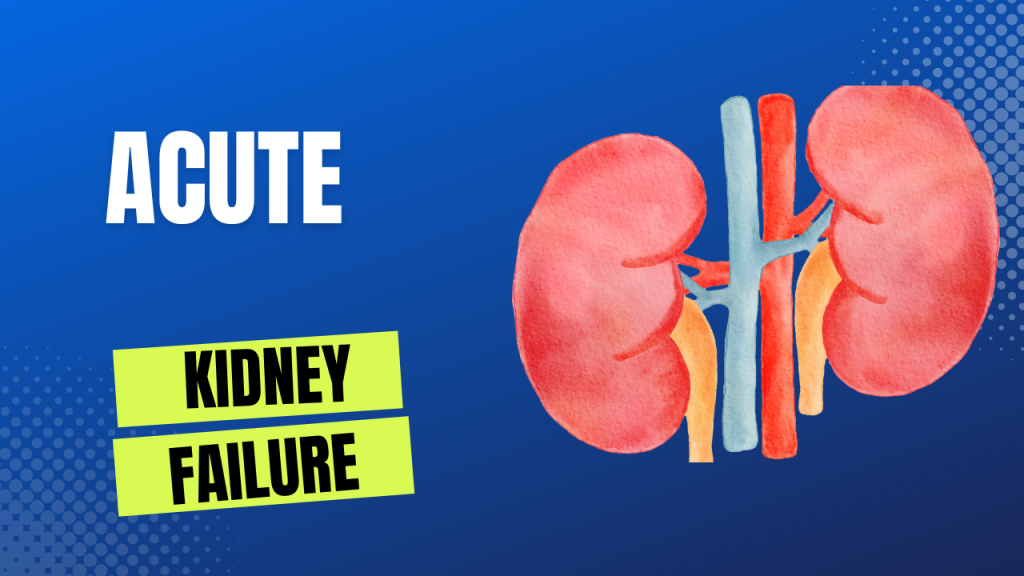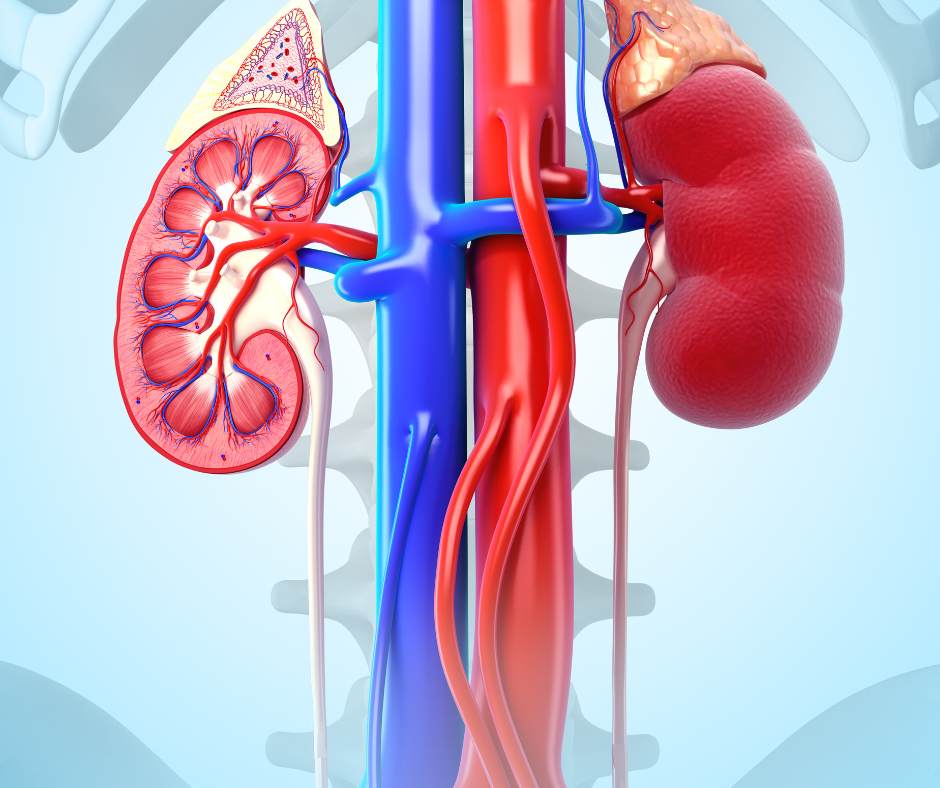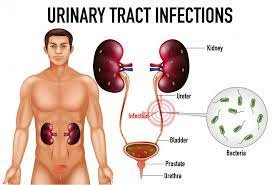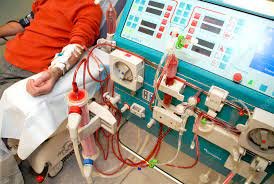
The kidneys are responsible for the purification process, as the levels of hazardous waste may increase, which may cause an imbalance in the chemical composition of the blood. Acute kidney failure occurs when the kidneys are suddenly unable to filter waste products from the blood.

Acute kidney failure is also called chronic kidney failure or acute kidney injury, and people get sick quickly, usually in less than a few days. It is most common among people already in the hospital, especially those with serious illnesses who require intensive care.
Acute kidney failure can be fatal and requires intensive treatment. However, acute kidney failure may be treatable. If your health is good, your kidney function may recover to normal or nearly normal.
Signs and symptoms of acute kidney failure may include:
Sometimes acute kidney failure causes no symptoms and is detected by laboratory tests for another reason.
Seek your doctor or emergency medical help right away if you develop any signs or symptoms of acute kidney failure.

Acute kidney failure can occur in the following cases:
Diseases and conditions that slow blood flow to the kidneys and lead to kidney injury include:
These diseases, conditions, and factors may damage the kidneys and cause acute kidney failure:

Diseases and conditions that block the passage of urine out of the body (urinary tract obstruction) and can lead to acute kidney injury include:
Acute kidney failure almost always occurs in connection with another medical condition or event. Conditions that can increase the risk of acute kidney failure include:
Possible complications of acute kidney failure include:
Acute kidney failure is difficult to predict or prevent. But you may be able to reduce your risk by preserving your kidneys. Try to follow these instructions:
Chronic renal failure treatment focuses on the cause of the disease to avoid the aggravation of the condition, as there is no treatment that helps improve kidney function.
The treatments used can be divided as follows:
This can be achieved by::
There are some other treatments that aim to treat the complications of the disease. They include:
In some cases where there is a significant decrease in kidney function, the patient may decide to resort to:

It is performed by medical devices that filter the blood, where the blood is entered through a tube into the device, where it is filtered and then returned to the body again, and this process takes hours and must be done several times a week.
Peritoneal dialysis is performed in other cases, where a solution is introduced into the abdominal cavity, then the waste is transferred from the blood into the solution through the peritoneal membrane, then the solution is pumped out of the abdominal space.
In some other severe cases, a new kidney is transplanted into the patient’s body that was donated by a deceased person or a living donor.
Alternative medicine has shown great success in treating chronic diseases. A Chinese scientist proved the power of treating the kidneys with herbs, including red onions and a mixture of onions, honey, rhubarb, aloe vera, and the clip art herb, which we can find in Saudi Arabia
The Chinese scientist stated, in an interview conducted with him by French channels, the effectiveness of treating kidneys with honey within three days, and the benefits of onion water. He stressed that with onions and honey, a patient with failure can also be treated without any dialysis operations, by making a mixture of the two that are available in every home.
To ensure that the treatment will be effective, the patient should stop any previous treatment he was using during the three days of treatment. After these three days, he starts doing necessary analyzes to check his own recovery.
Also, after making sure that he has recovered, he should take a spoonful of the mixture on an empty stomach every day throughout his life
The Chinese researcher begged patients to use this recipe as they have nothing to lose, for it is present in all homes and is not harmful to health., kidney transplantation, on the contrary, is very expensive these days. in addition, kidney transplantation does not last more than ten years, depending on each patient’s condition.
I think it is not difficult to implement this, and the mixture also has no difficulty or cost, as the researcher confirmed through his interview with the French channel, that the recipe for honey and onions had already been tried with a patient who had a failure, and her husband was completely unable to buy a kidney for her, as the experiment was successful, as he confirmed In his speech, the patient responded greatly to the treatment and was cured.

Arabic gum is composed of nutrients, the most important of which is water-soluble fiber.
These fibers reduce the level of creatine in the blood by excreting it out of the body through the urinary system, in order to avoid inflammation of the kidneys, and reduce the symptoms of kidney failure and fatigue.
This gum facilitates urination and prevents the accumulation of toxins in the body. It helps absorb nitrogen, whose high rate in the body is an indication of the inability of the kidneys to filter waste from the blood. Plus, it activates the kidneys and reduces the rate of nitrogen in the blood by excreting it with urine.
The Arabic gum is an effective remedy for cleaning the urinary tract from deposits that are formed by the accumulation of acids and mineral salts that contribute to the formation of stones that lead to acute renal failure.
In the above article, we have tried to provide you with anything you need to know about kidney failure, starting from the symptoms to the treatments. So if you have any remarks or questions, don’t hesitate to write them in the comments box below, and we will do our best to answer them as soon as possible.
Leave a comment